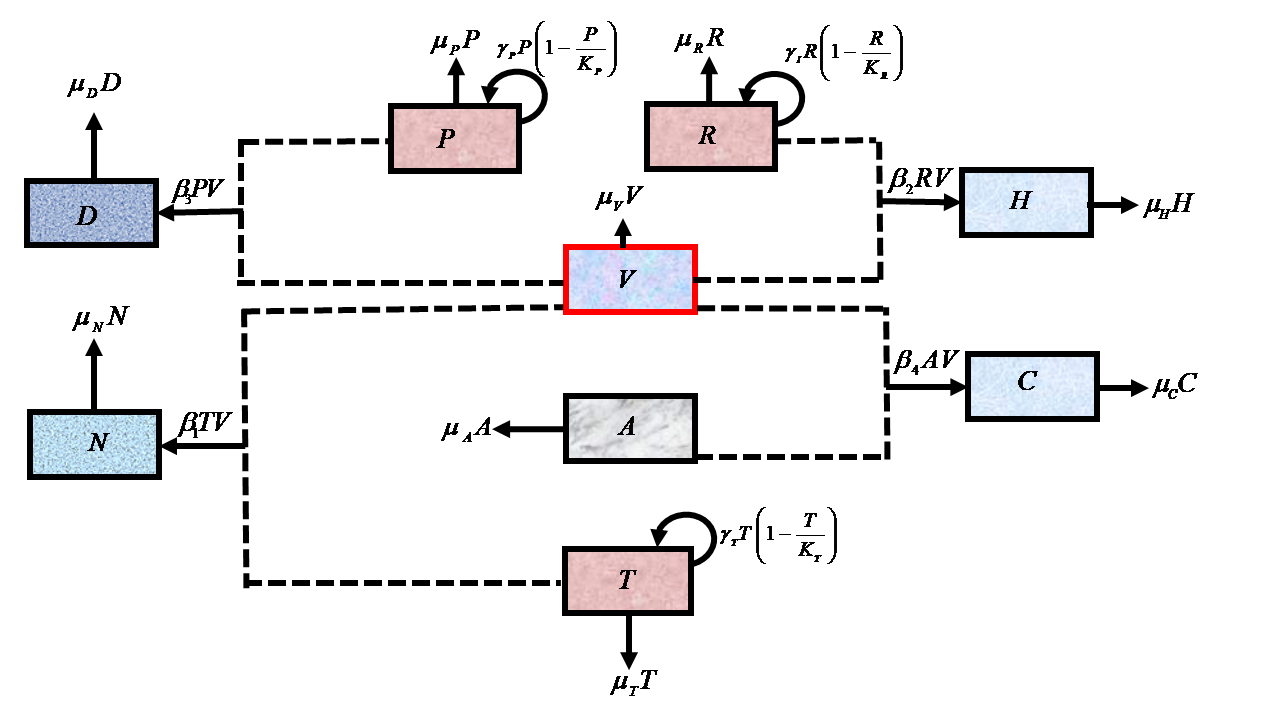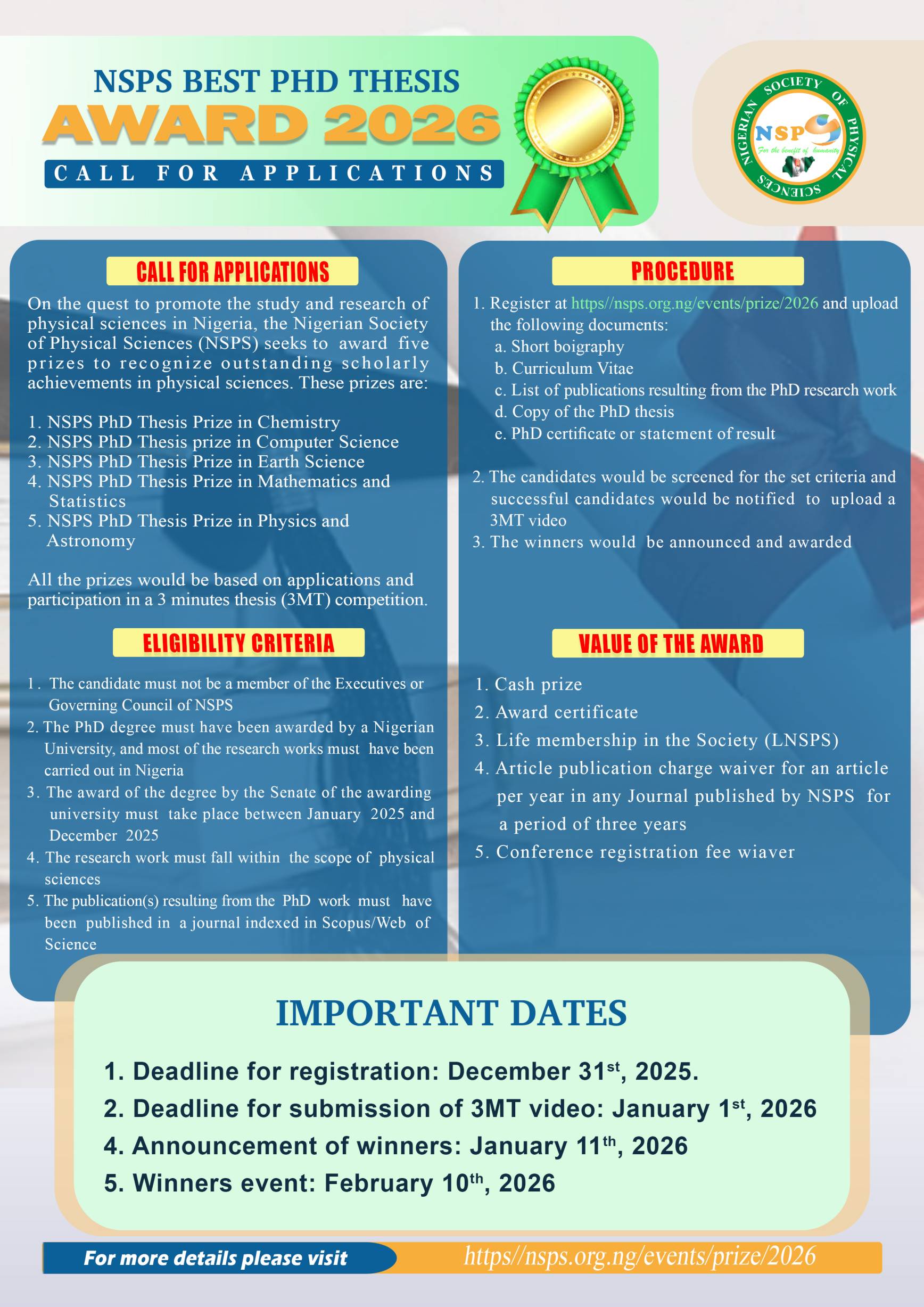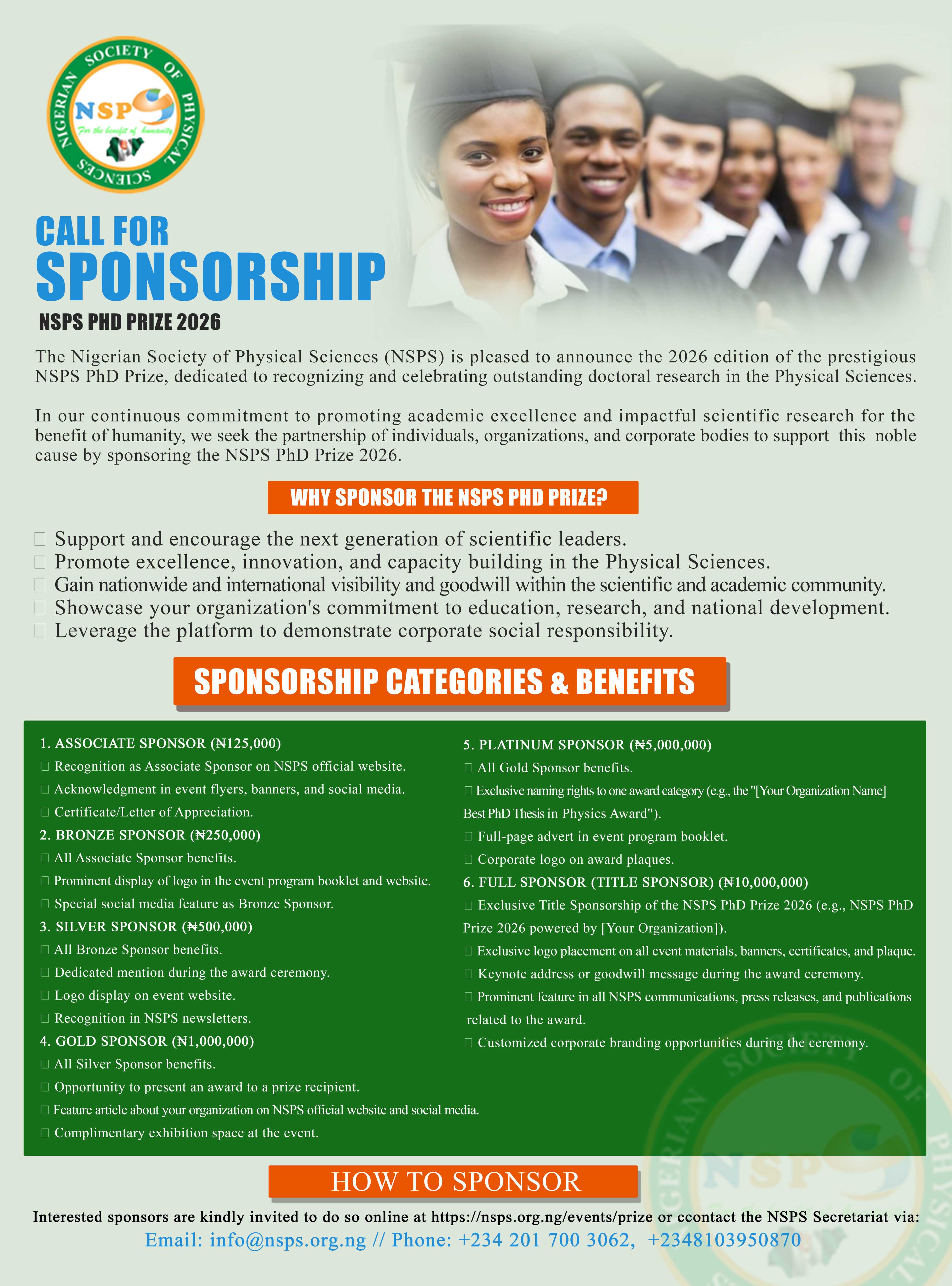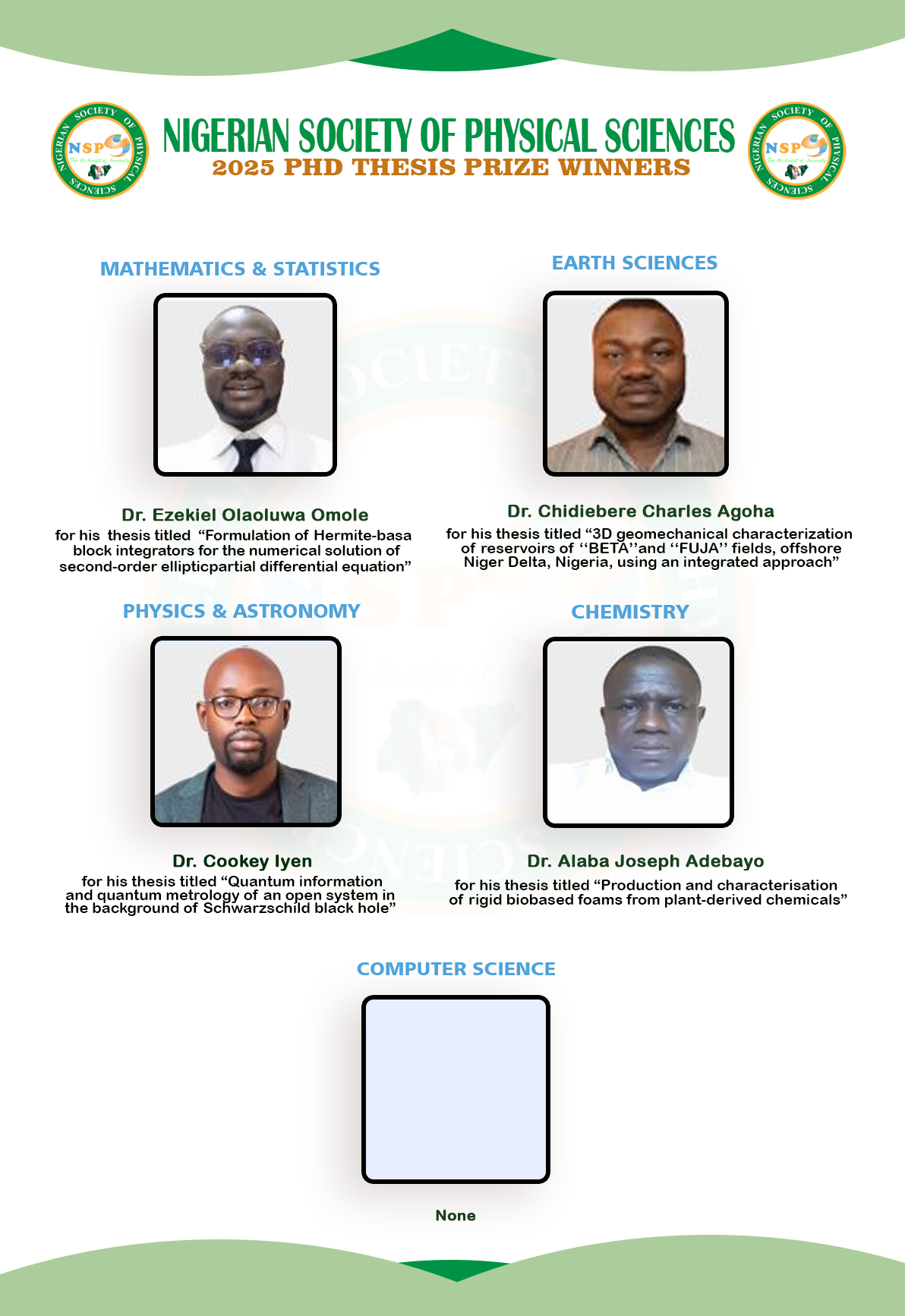Mathematical Model of In-host Dynamics of Snakebite Envenoming
Keywords:
Snakebite, in-host model, venom, antivenom, stability analysisAbstract
In this paper, we develop an in-host mathematical model of snakebite envenoming that includes tissue, red blood and platelet cells of humans as specific targets of different kinds of toxins in the snake venom. The model is use to study some harmful effects of cytotoxic and hemotoxic snake venom on their target cells under the influence of snake antivenom. The model has two equilibrium points, namely, trivial and venom free. It has been shown that both the equilibrium points are globally asymptotically stable and numerical simulations illustrate the global asymptotic stability of the venom free equilibrium point. Furthermore, simulations reveal the importance of administering antivenom to avert the possible damage from venom toxins on the target cells. It is also shown through simulation that administering the required dose of antivenom can lead to the elimination of venom toxins within one week. Therefore, we recommend the administration of an adequate dose of antivenom therapy as it helps in deactivating venom toxins faster and consequently enhances the recovery time.

Published
How to Cite
Issue
Section
Copyright (c) 2022 Journal of the Nigerian Society of Physical Sciences

This work is licensed under a Creative Commons Attribution 4.0 International License.
How to Cite
Most read articles by the same author(s)
- L. Adamu, N. Hussaini, An Epidemic Model of Zoonotic Visceral Leishmaniasis with Time Delay , Journal of the Nigerian Society of Physical Sciences: Volume 1, Issue 1, February 2019







